Understand the complexity of human behavior through the active study of biological, cognitive, counseling, developmental, personality, and social psychology. Enhance that core knowledge with additional course options in areas such as positive psychology, cross-cultural psychology, neuropsychiatric diseases, psychology of gender, industrial-organizational, and clinical psychology. Gain skills and experience for employment and graduate school through participation in research lab, internships, study abroad, and conference presentations.
Your participation drives your educational experience here. Raise a virtual child, create a public service announcement about mental health, design and conduct original research, connect with psychology alum, gain first-hand experience and knowledge with community-based learning, and more.
Psychology majors can participate in a research lab where you will work with a faculty member and a few other students to design a research study, collect data, analyze results, and prepare for oral presentation at a conference and/or publication.
Secondary Education Teacher
Psychology students seeking certification to teach in secondary education may choose to get an all social sciences endorsement. This covers courses in American history, world history, government, psychology, sociology, geography, and economics.
Graduate School Preparation
You will also be well prepared to go on to graduate school in a variety of areas.
Awards & Accolades
Each year our psychology research students have been successful in applying to present at the Midwest Psychological Association conference in Chicago. We host the Tristate Undergraduate Psychology Research Conference every four years.
Research Projects
You can participate in a research lab where you will work with a faculty member and a few other students to design a research study, collect data, analyze results, and prepare for oral presentation at a conference and/or publication. Psychology students have been active in starting new clubs on campus, including Active Minds, DuDawgs, and DuBuddies.
Explore Internships & Careers
Internship opportunities offer real-world experiences. You can complete internships for academic credit or non-credit. Many students choose to complete both.
Loras psychology students have interned at local schools and after-school programs, at a variety of social service and/or crisis agencies serving aging, domestic violence, homeless, and youth populations, at correctional and athletic facilities, in immigration services, and agencies serving those with physical, emotional, and neuro challenges.
You will be prepared for a variety of interesting careers with your undergraduate education.
- Alumni Director
- Corrections Officer
- Disability Case Manager
- Diversity Coordinator
- Fundraising Coordinator
- Human Resource Manager
- Loan Officer
- Police Officer
- Project Evaluator
- Research Analyst
- Substance Abuse Counselor
- Victims’ Advocate
Course Highlights
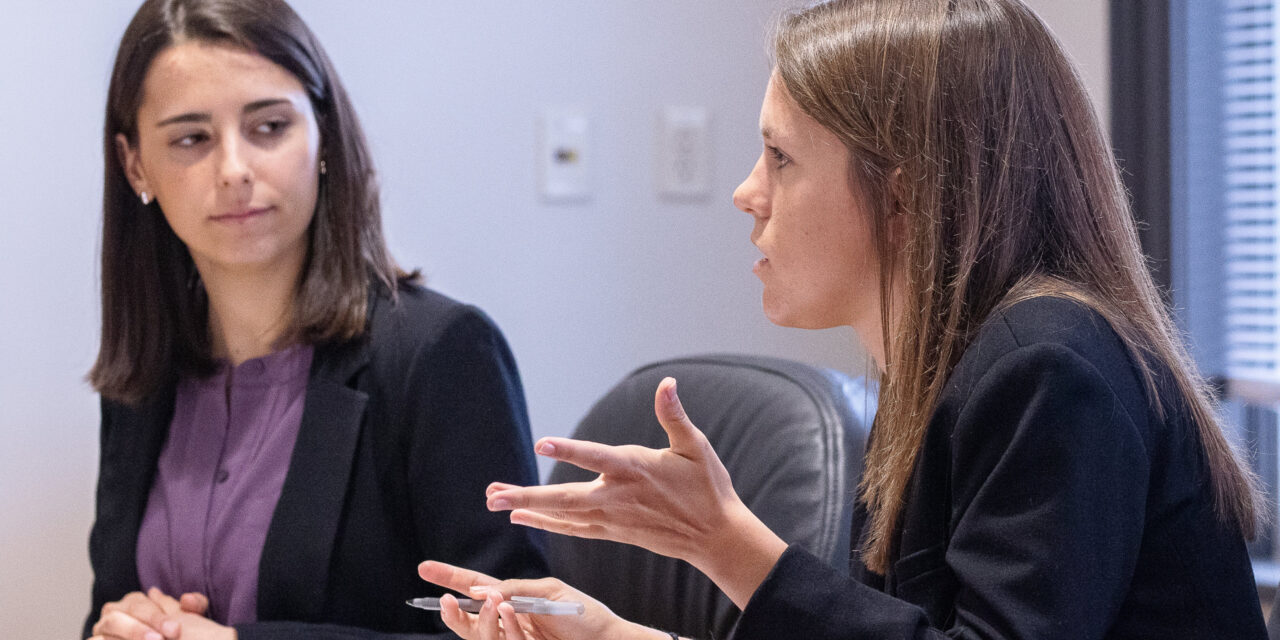
School of Science & Health
Majors & Minors
Graduate Opportunities
Loras undergraduate psychology majors also have the opportunity to continue your education in any one of many related master-level graduate programs.
You may be interested in mental health counseling, coaching leadership, applied psychology, school counseling, or applied analytics, right here at Loras.
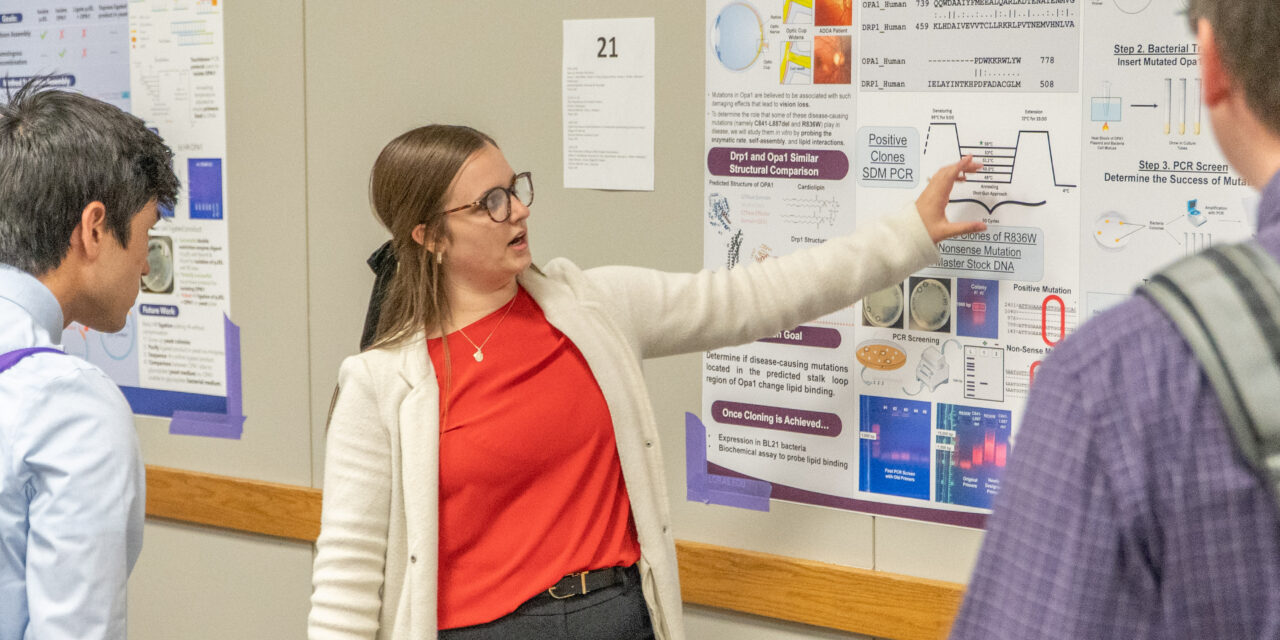
Clubs & Orgs
We have a variety of opportunities for you to get involved from the moment you set foot on campus.
Active Minds
Psi Chi National Honors Society
Civic Leaders
Du-Buddies
DuDawgs
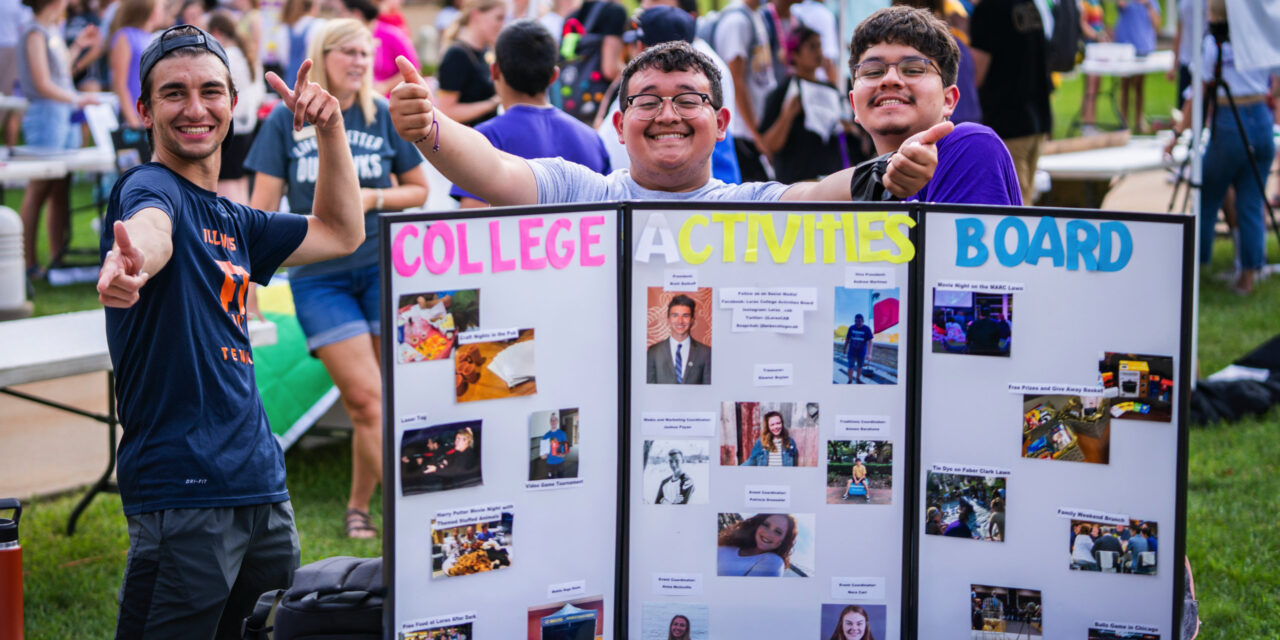
Straight Talk from a Duhawk
The research experience I have received as a psychology major is the part I value the most. I plan on going to grad school after Loras, so I know it’ll be really helpful and better prepare me for that.
— Pablo (’23)
Meet Your Professors
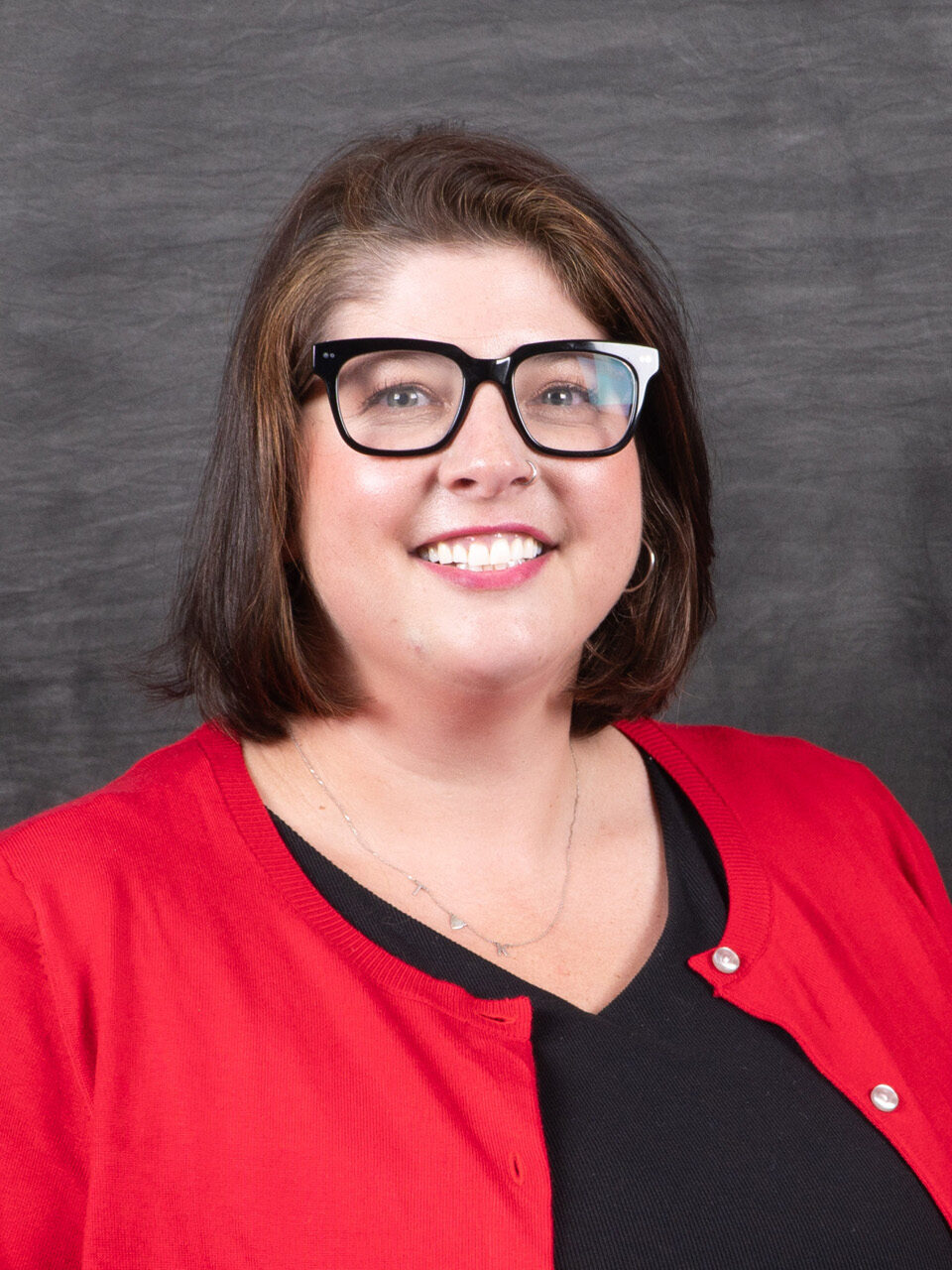
Lindsey Bartgis PhD
Assistant Professor of Psychology
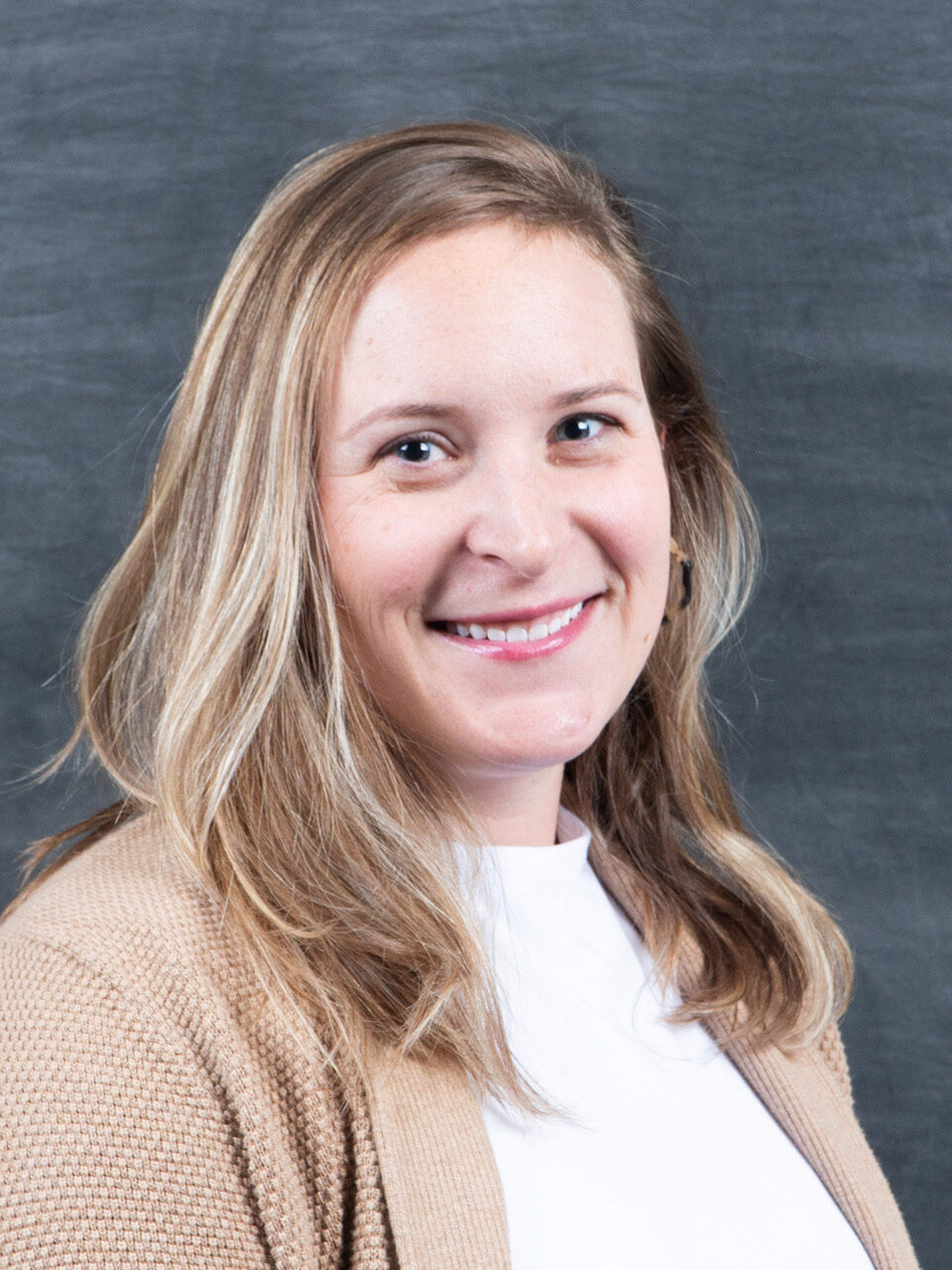
Sarah Cassella PhD
Associate Professor of Neuroscience
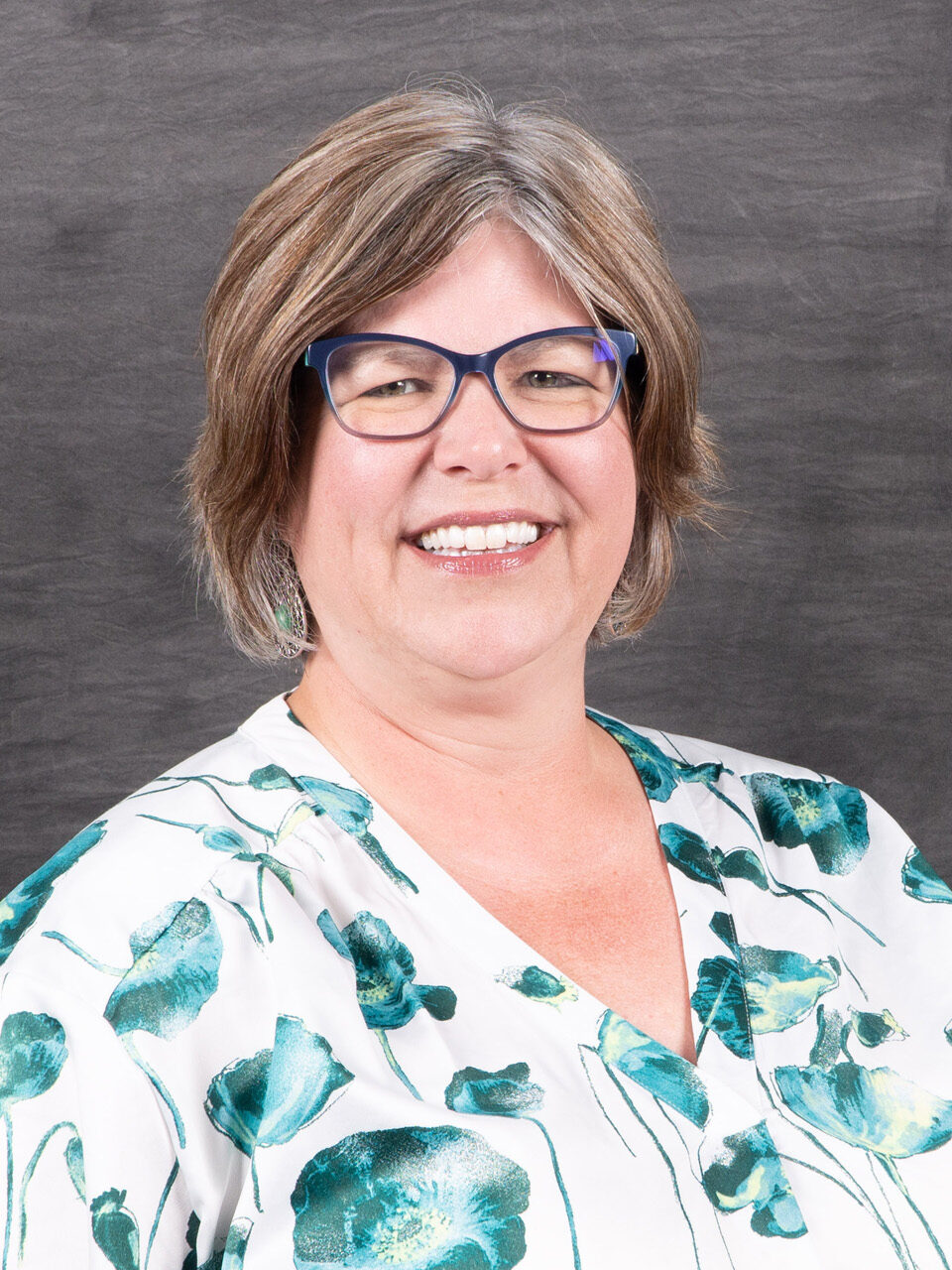
Lisa Grinde PhD
Associate Professor of Psychology
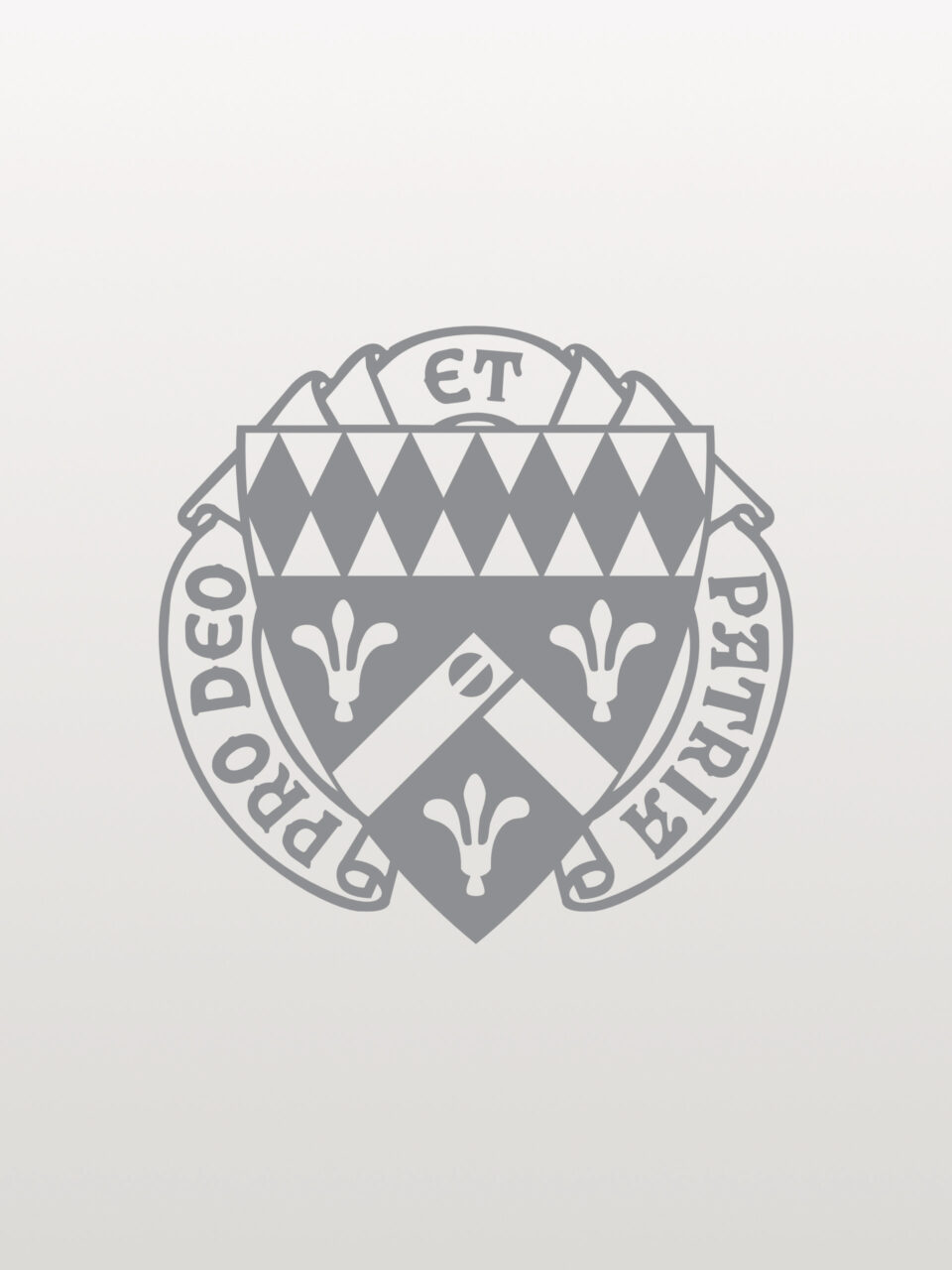
Jake Kurczek PhD
Associate Professor of Psychology and Neuroscience
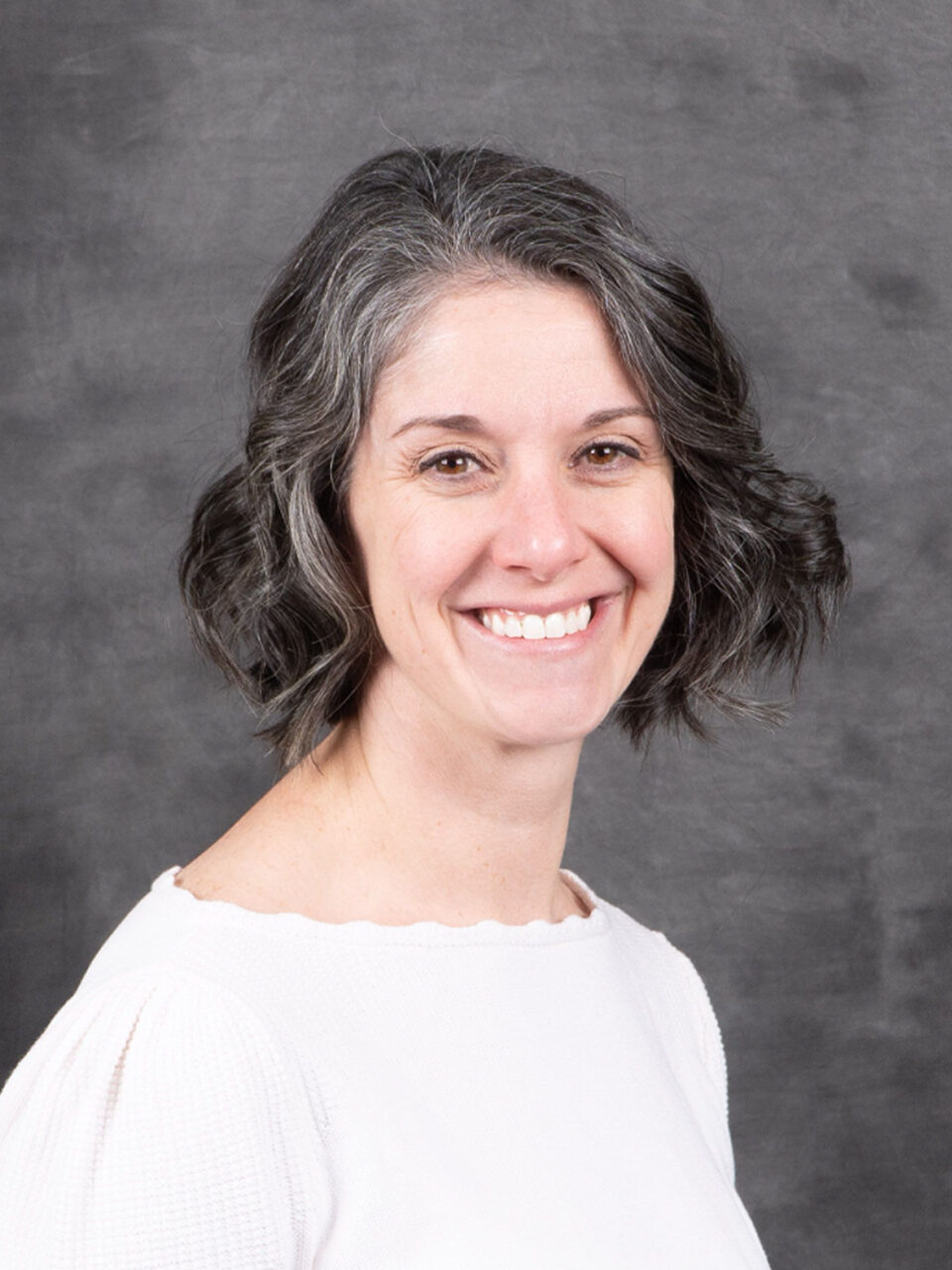
Kirstin Lauritsen PhD LP
Assistant Professor of Psychology
Practicum and Internship Coordinator

Julia Omarzu PhD
Professor of Psychology
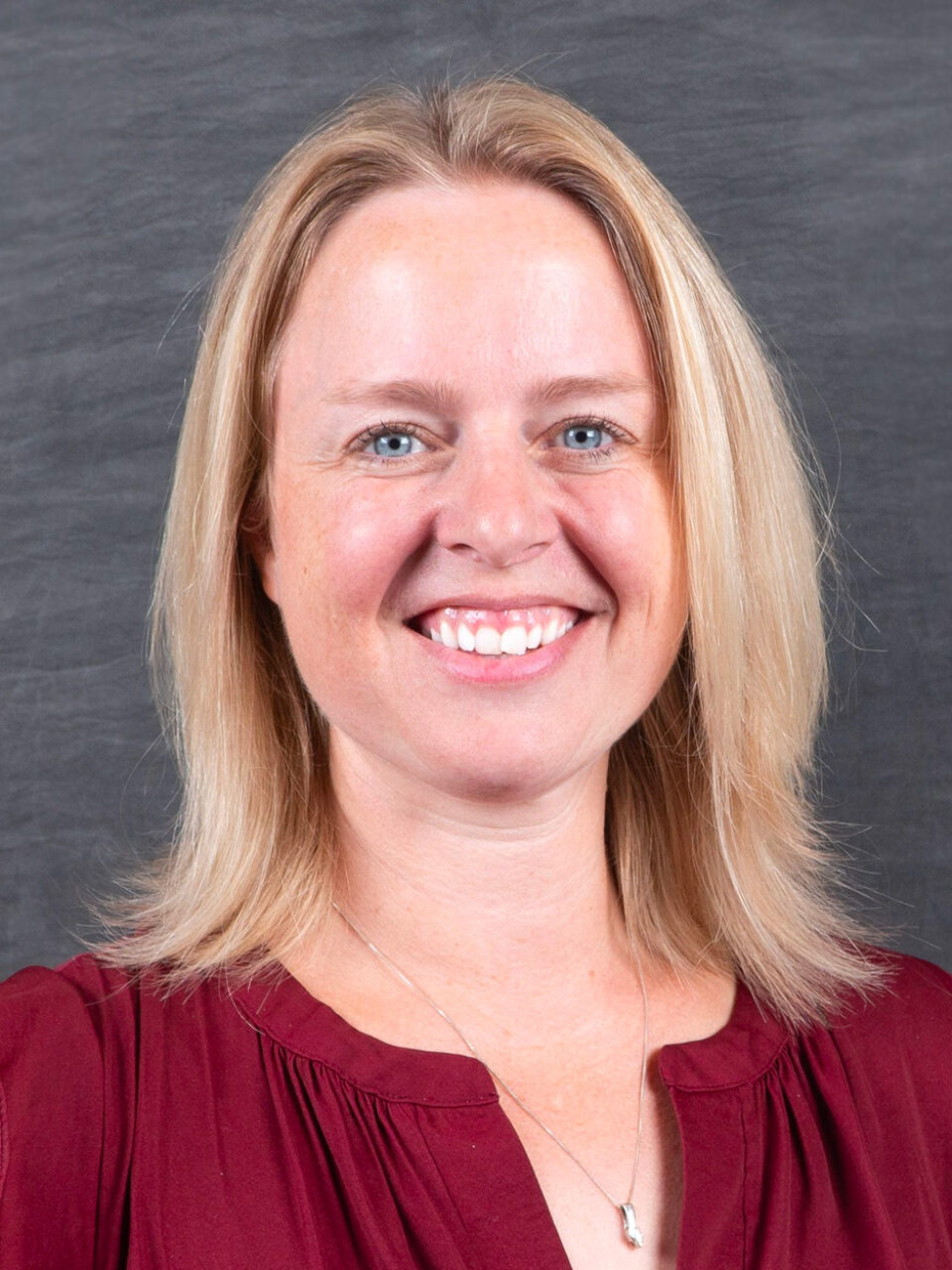
Steffanie Schilder PhD, LP, LMHC, LPC
Associate Professor of Counseling
Clinical Mental Health Counseling Program Director
Psychology News
-
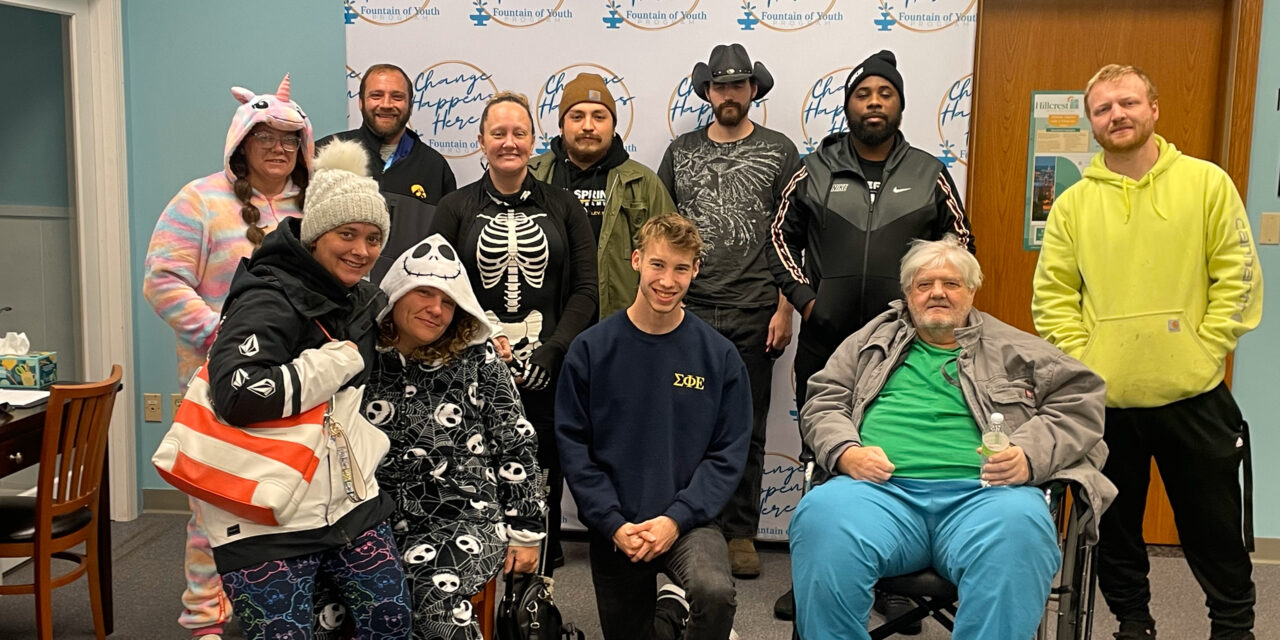
Real Talk and Real Growth at the Fountain of Youth
August Witt (’26), a Loras student from Decorah, IA, is making the most of his internship at the Fountain of Youth. There, he facilitates ‘Real Talk’ groups… More
-
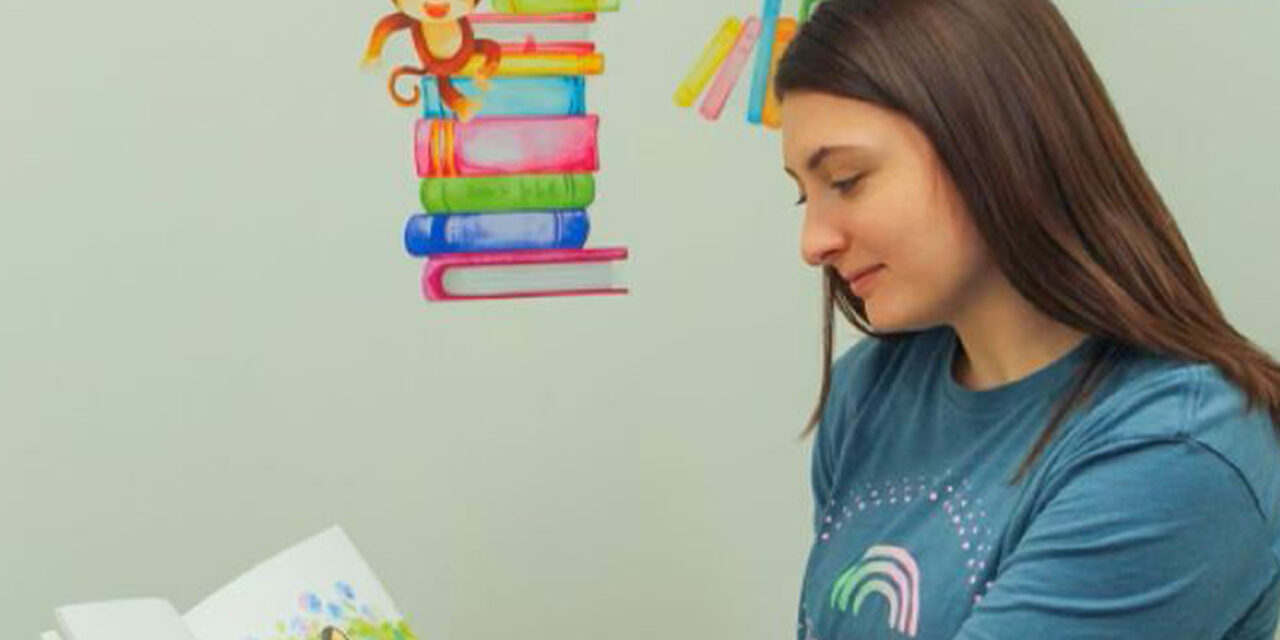
Going Beyond at Beyond Behavior
Analisa Cimino (’25), a driven psychology major from Freeport, IL, is making waves through her transformative internship at Beyond Behavior. More
-

Exploring Beyond the Tractor at John Deere
Psychology major and Peosta, IA, native Hannah Quinones (’24) is gaining invaluable experience interning at John Deere in labor relations. In this role, she assists employees with administrative issues like disability, FMLA, and general questions. More

